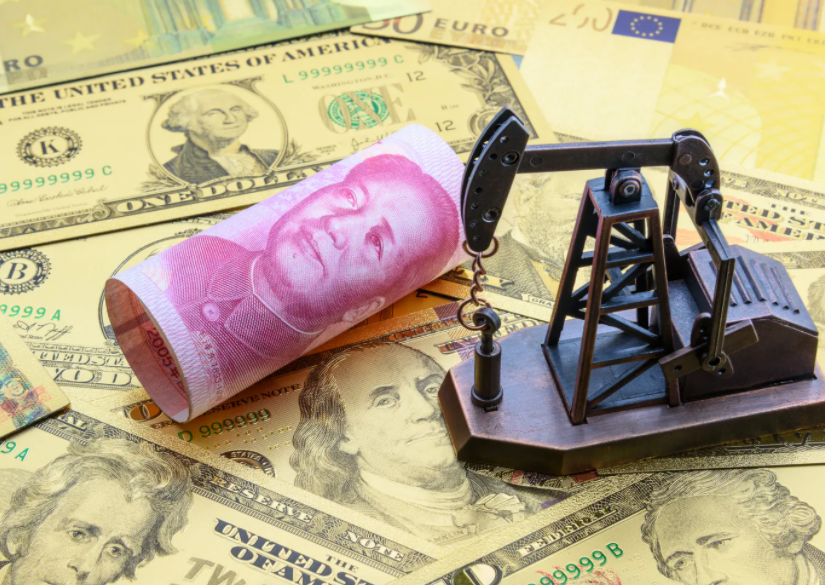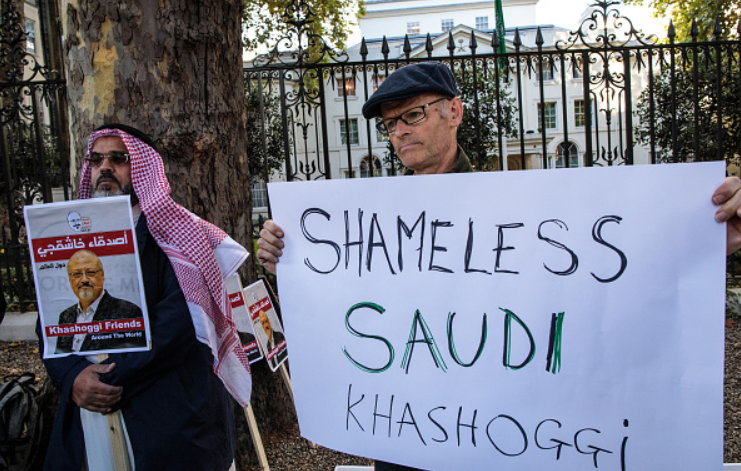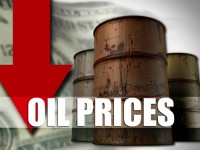He Wenping, Senior Research Fellow, Charhar Institute and West Asia and Africa Studies Institute of the China Academy of Social Sciences
Jul 12, 2022
Can the U.S. president accomplish his goals during his Middle East trip? Oil is the top priority, but the chance of success is perhaps 50 percent. Shaping an anti-Russia coalition won’t happen. Yet, Israel does offer some relatively low-hanging fruit.

He Wenping, Senior Research Fellow, Charhar Institute and West Asia and Africa Studies Institute of the China Academy of Social Sciences
Mar 28, 2022
American policy in the Middle East has Saudi Arabia thinking about selling oil to China in Chinese yuan rather than U.S. dollars. The shift would weaken the dollar’s dominant position in the global oil market.
Adnan Aamir, Journalist and Researcher, Islamabad, Pakistan
Oct 28, 2020
Recent spats between Pakistani and Saudi leadership may cause a rise in Chinese power in the region. With interlocked interests of oil, infrastructure, and loans between these three nations, China and Saudi Arabia will likely remain on top, while Pakistan’s interests are left unfulfilled.
He Wenping, Senior Research Fellow, Charhar Institute and West Asia and Africa Studies Institute of the China Academy of Social Sciences
Sep 24, 2019
Saudi Arabia faces the prospect of becoming engulfed in in a war with Iran before it has fully extracted itself from the conflict in Yemen. Adjustments may follow, both diplomatic and domestic.
Feb 21, 2019
China's Xi Jinping commits to close ties with Iran.

He Wenping, Senior Research Fellow, Charhar Institute and West Asia and Africa Studies Institute of the China Academy of Social Sciences
Oct 29, 2018
Trump’s response to Khashoggi’s death makes the US look bad.
He Wenping, Senior Research Fellow, Charhar Institute and West Asia and Africa Studies Institute of the China Academy of Social Sciences
Oct 20, 2016
As demands of 9/11 victim families get traction and America’s for imported energy declines, U.S. foreign policy is being dominated by “inward-looking election-year motivation”. If that continues into next year, no matter who is president, U.S. anti-terror strategy is unlikely to continue to enjoy full support from Saudi Arabia. With traditional allies like Saudi Arabia and Israel beginning to engage Russia in private, the U.S. could lose its dominant position in Middle East affairs.
Brahma Chellaney, Professor, Center for Policy Research
Mar 14, 2016
At a time when the conflict within Islam has sharpened between Sunnis and Shias and between fundamentalists and reformers, the House of Saud — the world’s No. 1 promoter of radical Islamic extremism — is increasingly playing the sectarian card, even at the risk of deepening the schisms. This aggressive activism carries significant implications for U.S. interests, from the Middle East to Asia.

Michal Meidan, Director, China Matters
Jan 28, 2015
Falling oil prices present challenges for the competitiveness of China’s own oil and gas sectors, and while providing short-term benefits for production, poses additional deflationary risks. However, there are opportunities for Beijing to support oil companies in acquisitions, and further its own reserves.
Jin Liangxiang, Senior Research Fellow, Shanghai Institute of Int'l Studies
Jan 27, 2015
The last months have witnessed oil prices at global markets dropping by more than 50%, the primary reasons being due to Saudi Arabia’s political protectionism over oil prices. Jin Liangxiang contends that beyond purely economic factors, Saudi Arabia actually intends to express its discontent and frustration, especially with Iran.
Back to Top

- China-US Focus builds trust and understanding between the U.S. and China through open dialogue among thought leaders.
- Our Offerings
- Topics
- Videos
- Podcasts
- Columnists
- Research Reports
- Focus Digest
- Stay Connected
-
Thanks for signing up!
- Get the latest stories from China-US Focus weekly.